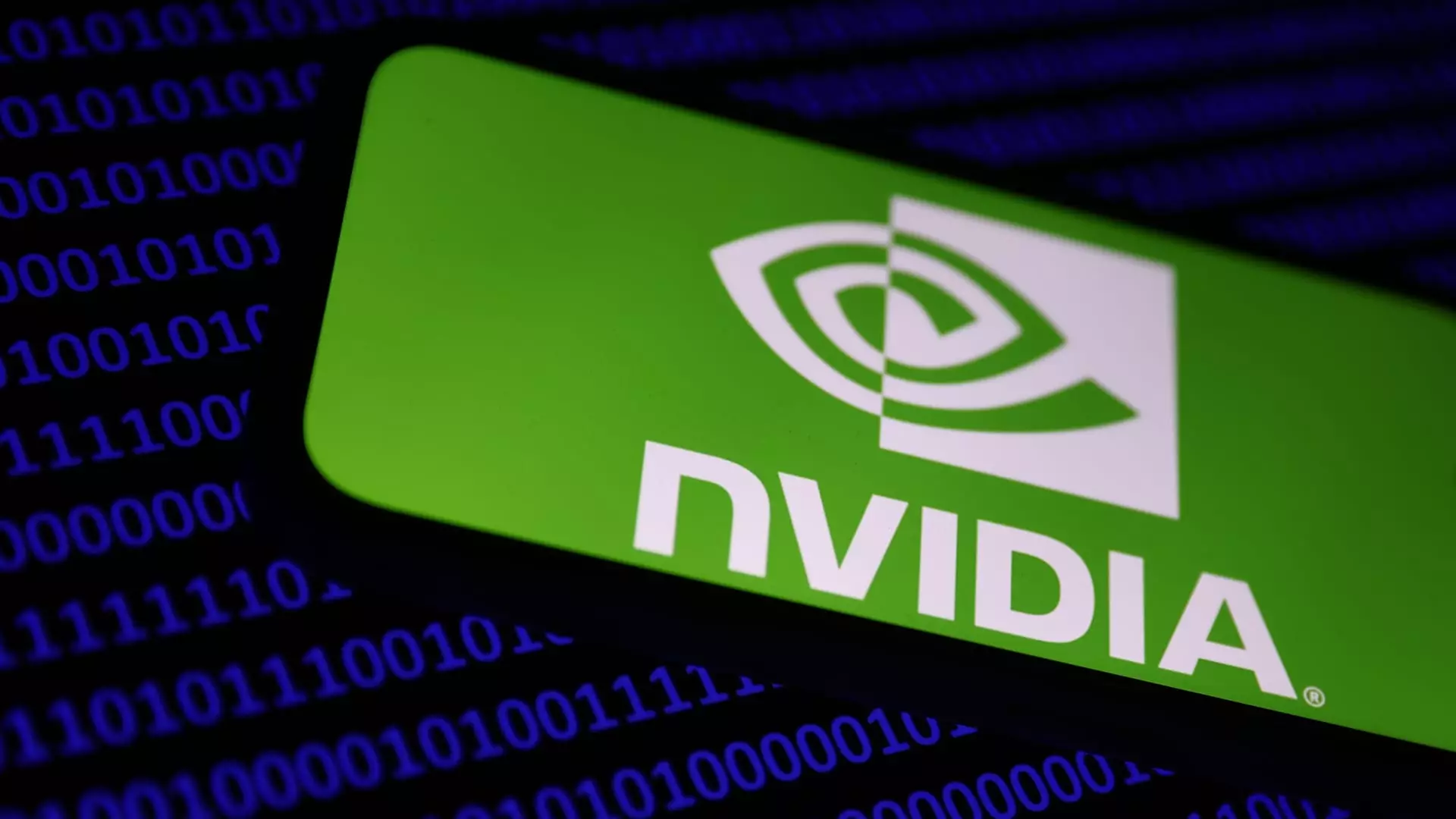Nvidia, a leading technology company, experienced a dip in its shares during U.S. premarket trade recently. This drop was primarily due to the company’s fiscal second-quarter gross margin decreasing slightly, despite reporting a significant revenue beat for the quarter. Although Nvidia’s revenue for the quarter surpassed $30 billion, marking a remarkable 122% year-on-year increase, investors seemed less impressed. This lackluster response could be attributed to the escalating expectations surrounding the company’s performance.
As Nvidia’s rapid growth trajectory continues, it faces the challenge of sustaining exceptional results in the face of increasingly formidable annual comparisons. The company issued a strong revenue guidance for the next quarter, projecting a year-on-year increase of 80%. While this outlook is promising, it signifies a deceleration from the previous quarter, raising concerns among investors. Additionally, Nvidia’s announcement regarding its gross margins, expected to be in the “mid-70% range” for the full year, fell short of analysts’ projections, further dampening market sentiment.
Despite a meteoric rally earlier in the year, with Nvidia’s shares surging over 150% year-to-date, the recent pullback underscores the volatile nature of the stock market. Nvidia’s prominent position in the artificial intelligence sector has propelled its growth, making it a key player in the tech industry. However, the company’s stock decline had a ripple effect on other semiconductor firms globally, with industry giants like Samsung and Taiwan Semiconductor Manufacturing Company also experiencing lower stock prices on the same day.
During Nvidia’s earnings call, executives addressed concerns about reported delays in the release of its next-generation Blackwell AI chip. Despite this setback, the company remains optimistic about future prospects, indicating plans to ship billions of dollars in Blackwell revenue by the fourth quarter. Additionally, Nvidia unveiled a $50-billion stock buyback program, signaling confidence in its long-term growth strategy and commitment to rewarding shareholders.
While Nvidia’s recent stock dip may have raised apprehensions among investors, the company’s underlying strength and strategic initiatives position it well for continued success in the dynamic tech landscape. As Nvidia navigates through evolving market conditions and competitive pressures, investors will closely monitor its performance and growth trajectory in the coming quarters.

